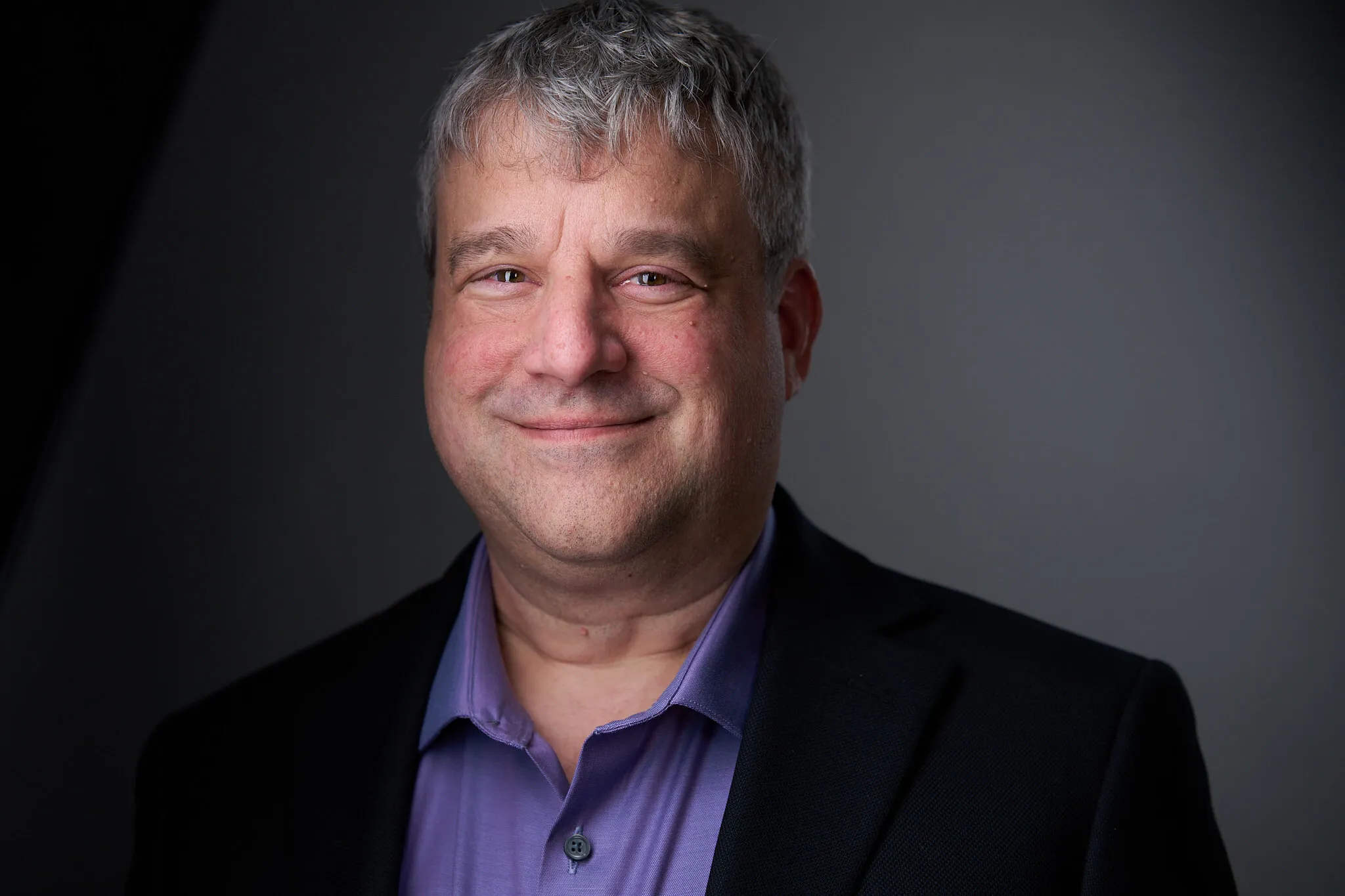Biodesix execs discuss company’s first major acquisition, Indi

BOULDER — Biodesix Inc., a Boulder-based biotech firm specializing in blood-based diagnostic tests for lung-disease patients, has acquired Seattle-based Integrated Diagnostics Inc., also known as Indi.
Biodesix, which has offices in Boulder and Steamboat Springs, makes tests that can help physicians determine how a patient will respond to certain lung disease treatment options, given certain protein-based and genomics-based

signalers in their bloodstream. Indi makes another blood-based diagnostics…
THIS ARTICLE IS FOR SUBSCRIBERS ONLY
Continue reading for less than $3 per week!
Get a month of award-winning local business news, trends and insights
Access award-winning content today!





